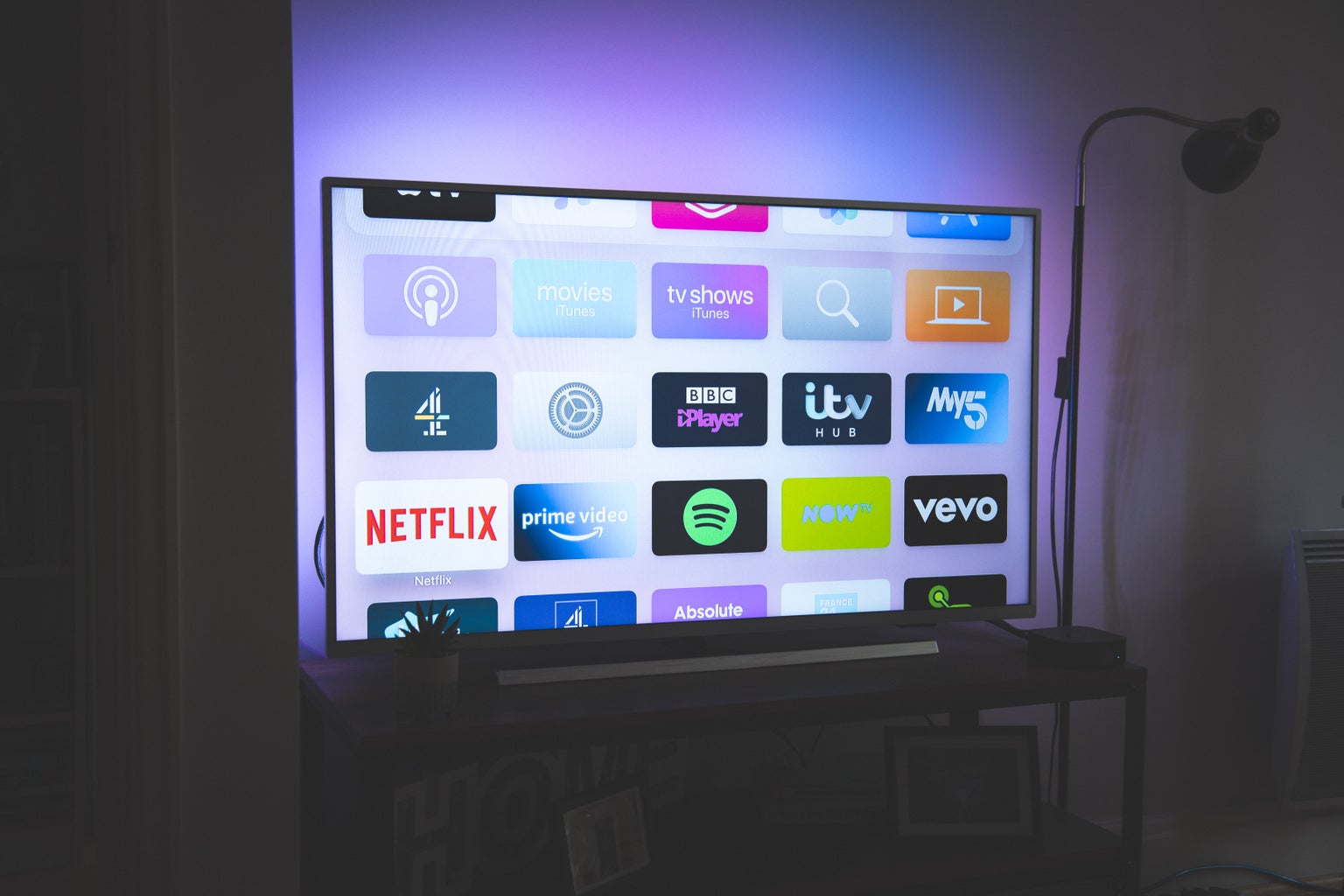Whether it’s Netflix, HBO Max, Hulu, or any other of the tens of hundreds of streaming services now available to the average consumer, there’s no doubt that streaming services have come to replace TV for many. From the relative affordability to the convenience of accessing it on any device, its popularity cannot be overstated. However, criticism is rightfully heaping as corporate greed has driven streaming services into the ground and all the benefits are being lost and chipped away.
Arguably the most recent controversy driving consumers away from streaming services has been Netflix’s experimental password-sharing policy. Requiring accounts to identify a primary household location, implementing a verification policy while traveling, asking other users to make another account, or cough up the extra money for their spot — a scandalous web of policies that have triggered severe backlash. Some are hoping the response will be enough for Netflix to reverse the policies that they have already begun trying out in a few countries, but others have outright canceled their subscription.
Yet this is just another major scandal in the line of problems that companies are causing in order to make even more money off of an already profitable service. Saying that companies have been toeing the line between making as much money as possible and driving away customers would be an understatement — they have been barreling ahead with the ignorant idea that consumers would stay and cough up more money for services that are becoming increasingly inconvenient because of the popularity.
Blockbuster was popular and profitable once too — before it met its demise. Companies need to value the feedback of their consumers more if they want any sense of longevity. The film and series catalogs aren’t worth it in the long run if taking advantage of all the streaming services, even at their most basic tiers, ends up costing more than their television service. Companies may find that their desire for even more profit than they are already making may very well be what drives their streaming service into the ground. Profit means nothing if the consumer wants nothing to do with your service.
Is it particularly surprising that so many companies want to get in on such a lucrative business opportunity? No, not at all. However, as more and more companies debut their own streaming services with different tiers, increase prices despite minimal enhancements, and add in advertisements, it looks less and less like a deal and more like TV — contradicting the ultimate purpose of streaming services. The convenience and bargain of streaming are gone, and consumers are beginning to look for alternatives, just like they had in the past.
It comes as no shock that streaming services have transformed so ludicrously into the very thing consumers hate, but to see it happen so rapidly within a few years is astonishing. Consumers can only hope that at least some streaming services will listen to feedback, or there may yet again have to be another media transformation for consumers to get their fix.



